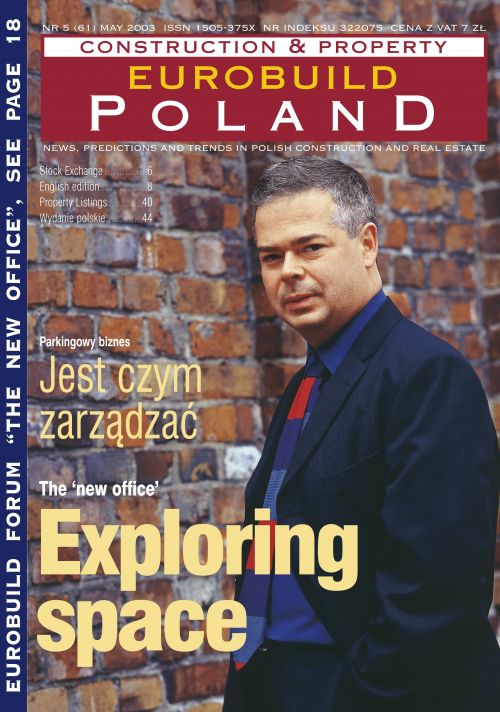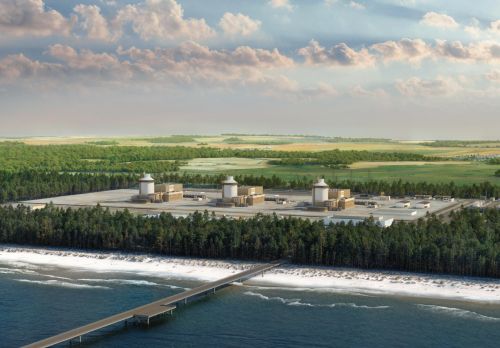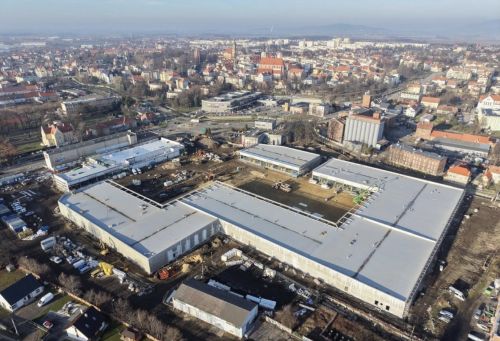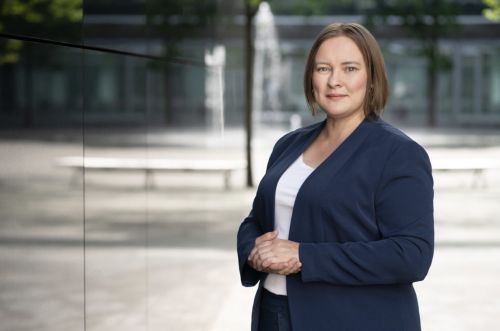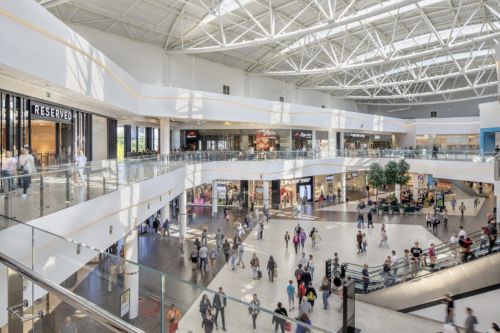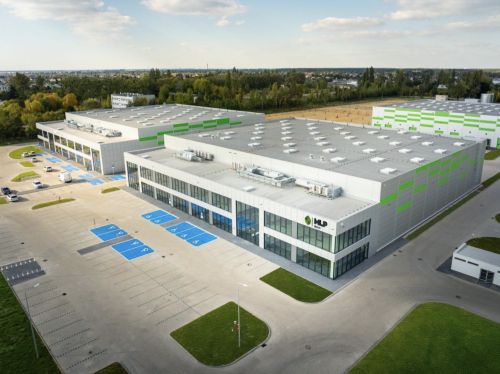Already active on the Polish market for six years, the
Portuguese construction company Mota & Companhia recently won an important
tender in a consortium with Strabag, to complete a further section of the A4
motorway. Currently steadying itself in the competitive market here, it is
looking to go further east, once it has consolidated its Polish base. Eurobuild
talked to the firm's General Manager for Central Europe, Antonio Castro
Why did you establish Mota & Companhia in Poland?
We made this decision six years ago when our strategy was to build local
companies in the region, because there was a strong prospect of Poland joining
the EU. We have two Polish subsidiaries: KPRD in Kraków and PBM Lubartów in
Lublin and there is also the Mota branch, which works on big contracts, such as
that of the A4 motorway. We finalized the contract for this work on April 16th.
How did you get involved with Strabag?
Relationships between companies are often linked to those between their ma



























